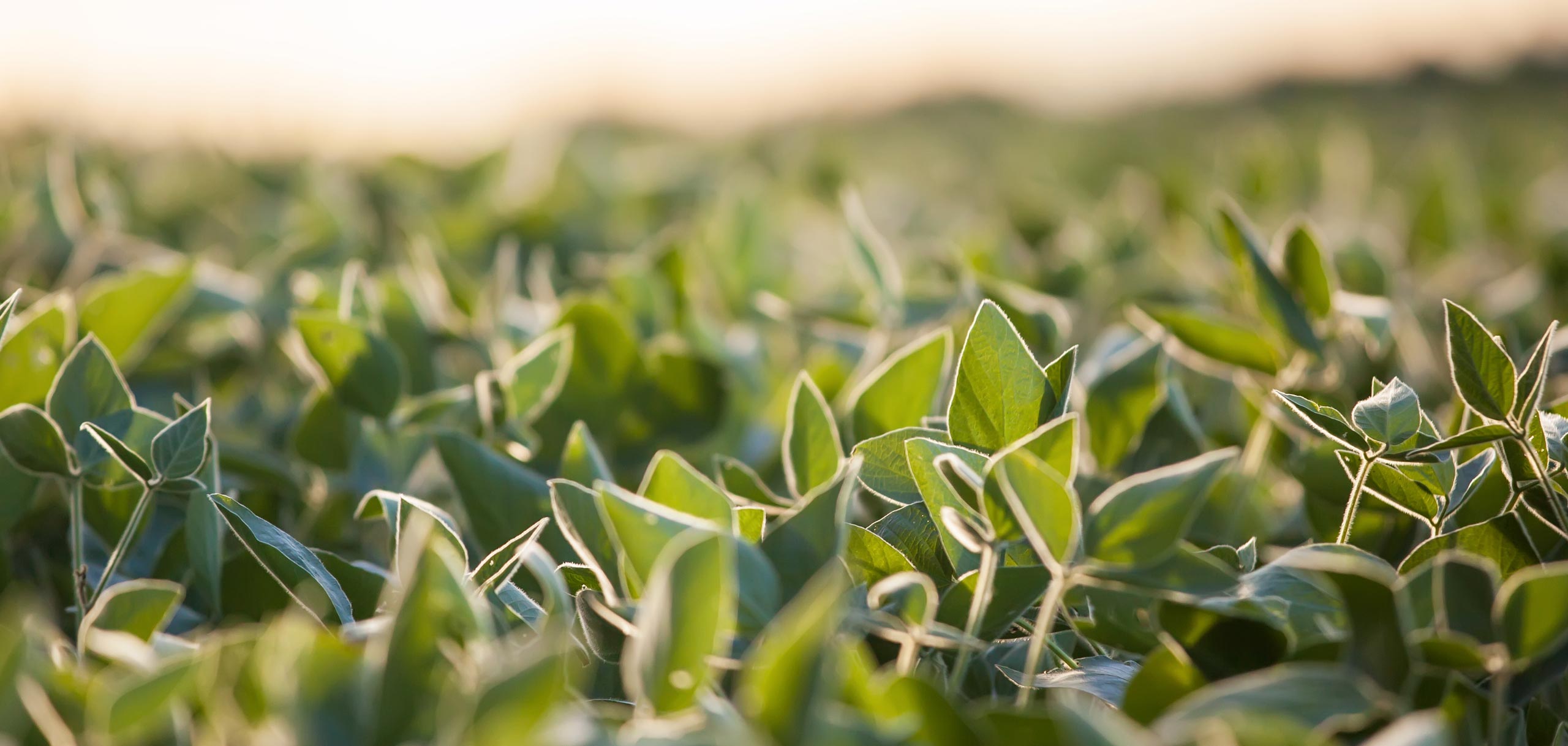USSEC Hosts Seminar on Least Cost Aquafeed Formulation and Feed Manufacturing in Egypt
- Category:
- Aquaculture
- General News

USSEC hosted its annual seminar on cost effective aquafeed formulations and aquafeed manufacturing in Egypt. A total of 80 participants attended the event, representing the top aquaculture feed mills and aqua producers.
Bret Tate, U.S. Agricultural Attaché – Cairo, opened the seminar. In his opening speech, Mr. Tate pointed out the importance of the agricultural and trade relationships between Egypt and the United States and stressed the win-win opportunity presented by the aquaculture industry, which utilizes large quantities of soy.
Egypt imports approximately 4 million metric tons (MMT) of soy, mainly soybeans along with some soybean meal. Historically, 50 percent of the beans are of U.S. origin.
During the week of the seminar, the USSEC team conducted one-on-one industry visits with aqua feed mills to provide the necessary support for adoption of least cost formulation and the benefits that arise from formulating with U.S. Soy.
USSEC consultant Tim O’Keefe, keynote speaker at the event, praised the sequence of the seminar. The morning session provided an opportunity for the participants to gain an understanding of the nutritional requirements of tilapia. The session that followed was delivered by USSEC Regional Project Manager – EU / (Middle East – North Africa (MENA) Sirri Kayan, who provided participants with the opportunity to apply that knowledge using an interactive model that allowed them to share in the formulation process. The participants helped in formulating a number of diets while applying different ingredients on least cost software to demonstrate the value of U.S. Soy.
Guest speaker Dr. G. Ramesh of Wenger delivered a presentation on the manufacturing process of marine diets and the new developments in the area of marine diet formulation. The presentation revolved around the critical factors in marine diet formulation including the high inclusion rates of fat and the ability of different types of equipment to handle fat inclusion rates including, single screw extruders and double screw as well as the advantages of high intensity pre conditioner. He applauded the level of interaction and interest of the participants, saying they were “reactive, very interested, and highly engaged. Clearly the aquaculture industry is growing rapidly.”
Ned Williams from Ever-Extruder spoke about the background and history of his company and Carbide technology advantages and industries. Mr. Williams also presented new and innovative technology for dyes, knives, drive hubs, extruder alignment, and support for high efficacy and SSDS innovation for real time density control. Mr. Williams commented that this seminar and similar USSEC activities that take part around the world is truly a global effort on the part of USSEC and provides the opportunity for global exposure for U.S. companies seeking international markets.
Hussein Mansour of Aller Aqua delivered the final presentation of the seminar. His presentation revolved around future perspectives in the Egyptian aqua industry, mainly the complete replacement of fishmeal by soy in tilapia diets, as well as the global trend of aquaculture as a replacement of wild catch. Mr. Hussein also explained the importance of fish protein for the Egyptian market. Current per capita consumption is almost 21 kilograms (kg). He added that while Egypt is one of the top producers in the world of aquaculture products, most of the fish is sold on the spot market; Mr. Hussein explained that in the future, processing will play a major role in the development of the industry. During his presentation, he explained the importance of increased customer awareness of the quality of farmed tilapia and the initiative that is currently being adopted by the industry to produce a generic brand under the name Egyptian Tilapia.

